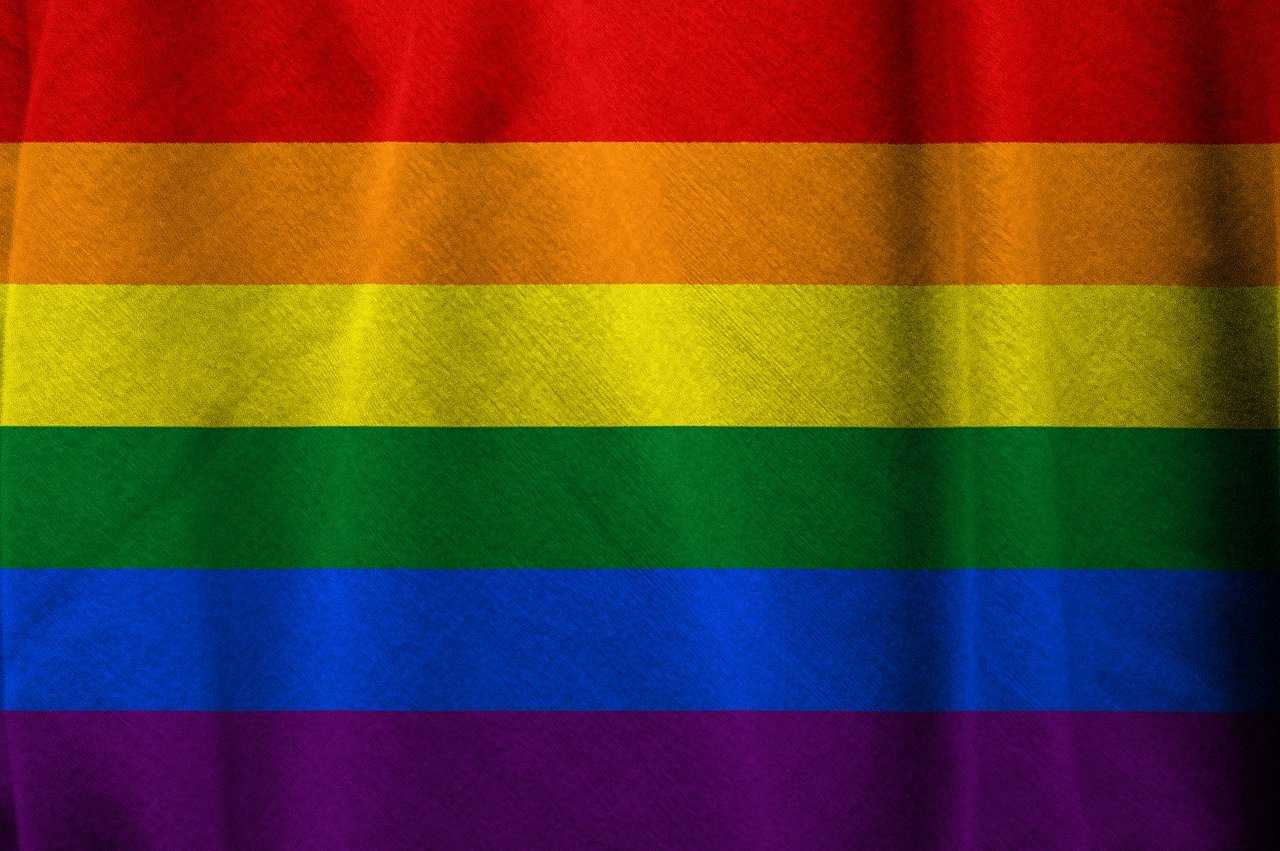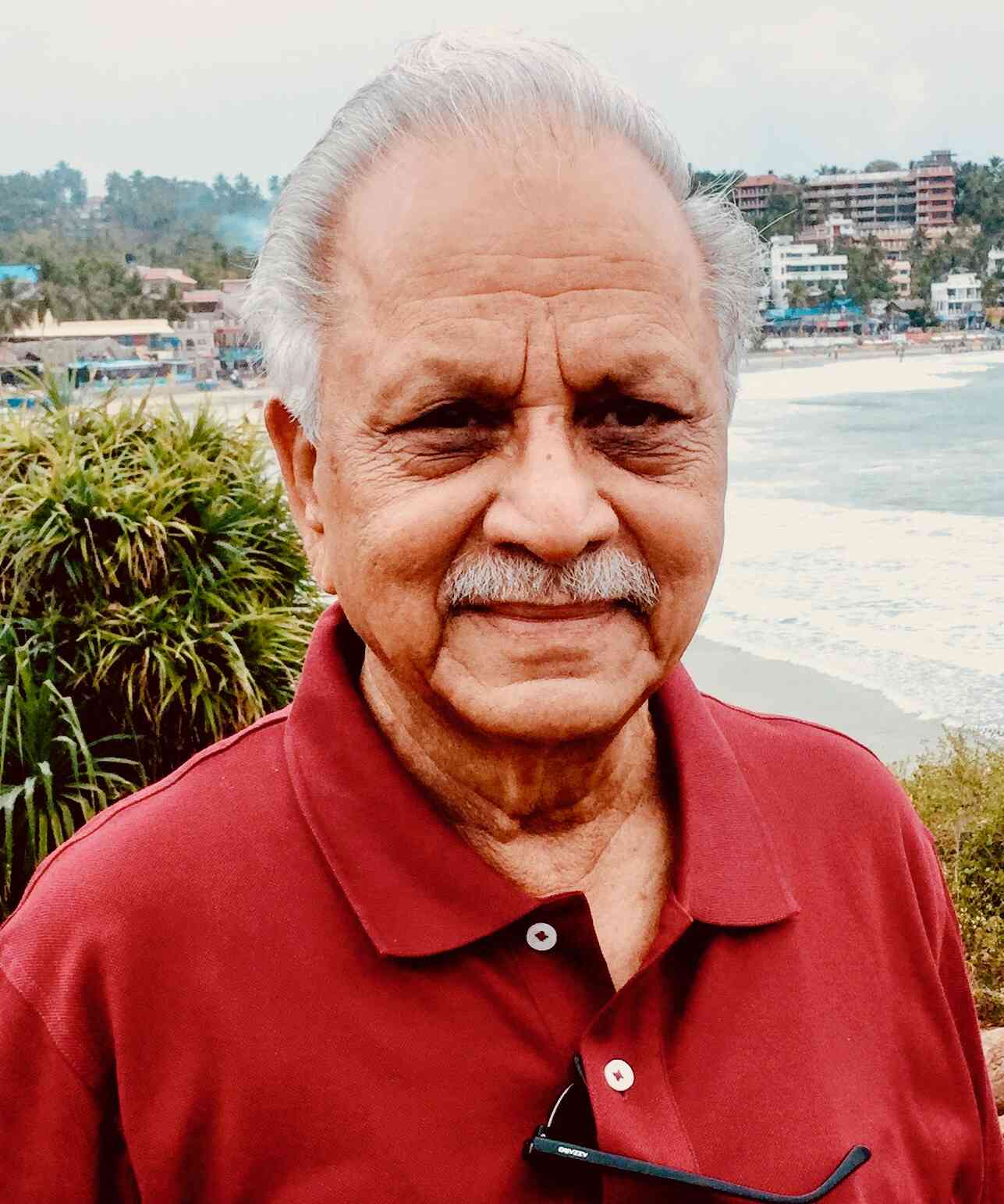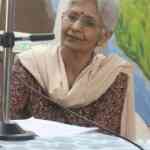Elder Abuse Awareness: Signs To Watch Out For
What could be some of the signs of elder abuse medical practitioners or people working with the elderly could look out for? Dr Naganath Narasimhan Prem, Chief Consultant, Department of Geriatric Medicine, Jaslok Hospital, Mumbai, weighs in.
Some of the key signs of mistreatment or abuse at any point is how the elder looks. It could be a sudden change in hygiene, shabby or torn clothes, lack of grooming at all, like no shaving, unclean clothes, among others.
Many times elders miss their doctor’s appointment and medications. If you ask them, they say I bought the medicine but now it’s finished and I couldn’t buy more. Maybe they weren’t allowed to buy it or given money to meet their medical needs.
Please remember that we can’t always say for sure that these are cases of elder abuse. It’s a grey area.
Injuries are another indicator. At an instance in Delhi, an elderly had come with a fracture. During the X-ray, different fractures in different stages of healing showed up. This doesn’t usually happen. The location of the fractures was suspicious too.
Sometimes you can see thumbprints. Another indicator that something may be wrong is frequent visits to the Emergency Room but not being forthcoming with the doctors about how exactly the injury occurred and leaving right after the treatment.
Decreased sleep, sudden loss of weight, which could be because of lack of food being given to the elder; anxiety and depression are also some red flags. Sometimes, an elder who is very conversational may go quiet very sudden. These could all be indicators.
Another factor to watch out for could be unexplained pain. In some cases, the pain could be a manifestation of what they are not able to explain.
You also need to be watchful of two histories – one from the elderly and one from the person caring for her or him. You can co-relate both.
Cases of mistreatment might be more in chronically bedridden patients or persons with Dementia. Abuse can be physical, psychological, financial, emotional and sexual.
Even asking an elderly at home what they do the whole day in a derogatory manner is abuse. Many times the elderly don’t come forth because of fear of retaliation if it’s a family member. We do not have an efficient system in place in our country where they can be rehabilitated in case there is a case of abuse. That is still a work in progress.
Healing After Abuse
Very often, if the mistreatment or abuse is in the hands of the child, then the elderly go into self-pity mode. They say I must have done something to deserve this.
They need to know that this hasn’t happened because of something they did. You can always get an ailment in old age but that does not mean you deserve abuse.
Elders also need to know their rights and know the law. You need to know your rights. The Maintenance and Welfare of Parents and Senior Citizens Act 2007 needs revision.
Helplines are great ideas as are support group for older adults, where they can broach the topic with their peer group. Awareness is extremely important for people to know and understand what is abuse.
There is a concept of restorative justice that focuses on decreasing fear in older adults. It also looks towards mending the relationship between the elderly and the abuser. Financial abuse can still be mended but the scars caused by physical, sexual and psychological abuse are hard to heal.
Meditation and Yoga may help as would being part of support groups where they are given a chance to express themselves. I strongly believe that ultimately, elders should get a chance to support themselves along with their peers. So that there is a core group or peer network where they can share if something happens.
Comments







Post a comment